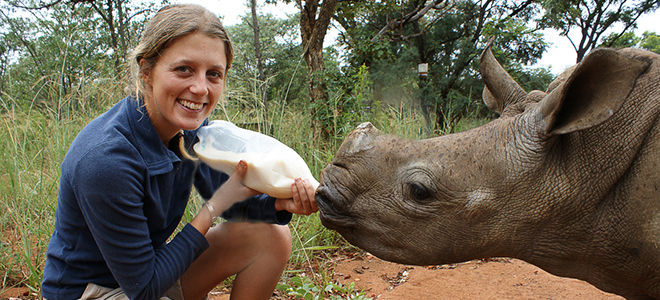Illegal Wildlife Trade Across The World...
- Animalia USJ

- Nov 5, 2021
- 2 min read

Illegal wildlife trade is expected to be a multibillion-dollar business concerning the illegal harvest of and trade in live animals and plants or parts and merchandise derived from them. Wildlife is traded as skins, leather-based items or souvenirs; as food or conventional medicine; as pets, and in lots of different forms. Illegal wildlife trade runs the gamut from unlawful logging of protected forests to deliver the demand for exotic woods, to the unlawful fishing of endangered marine existence for food, and the poaching of elephants to deliver the demand for ivory.
Illegal wildlife trade is likewise regularly unsustainable, harming wild populations of animals and plants and pushing endangered species closer to extinction. Endangered animals and plants are regularly the target of wildlife crime due to their rarity and expanded monetary value. Furthermore, unlawful exchange negatively influences a country’s herbal assets and nearby groups that could in any other case take advantage from tourism or legal, sustainable exchange.

Thousands of wildlife species are threatened through unlawful and unsustainable wildlife trade. For example, in recent months considerable media attention has long gone to the plight of the world's rhinoceros species, which might be dealing with expanded poaching as demand for their horns increases in Asia. In a few parts of Asia, rhino horn is taken into consideration to be an effective conventional medicine, used to deal with quite a few ailments. While there may be little clinical proof to help those claims, the dramatic upward thrust in poaching to deliver this demand is pushing rhinos closer to the threshold of extinction.

In reaction to the growing stage of illegal wildlife trade over the past numerous decades, the Service has developed the maximum superior and robust wildlife law enforcement program in the world. Stationing inspectors at ports throughout the country and supplying enforcement training across the world, the United States is an international leader in combating wildlife crime. In addition to enforcement efforts, the Service has additionally labored to boom consumer awareness via outreach to tourists going overseas and customers of exotic wildlife domestically.
The world is presently dealing with an unprecedented upward push in the illegal wildlife trade. As responsible people, knowing what illegal wildlife trade is and the way it’s affecting treasured wildlife round the world is a step closer to supporting to stop it.
- Rtr. Sandunika Samandini -

.png)
Comments